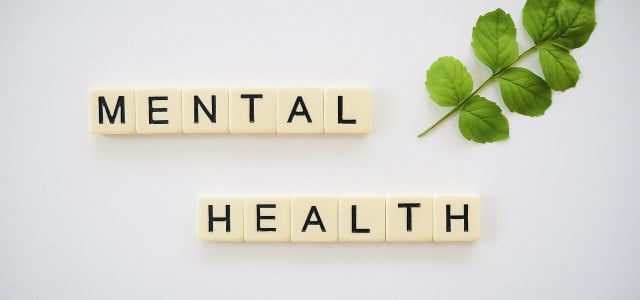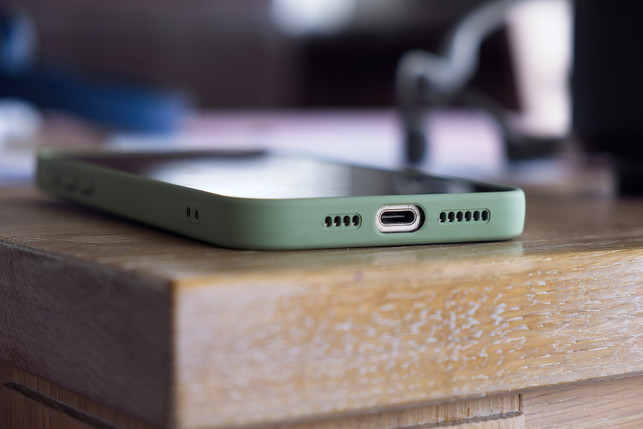
Everyday life is full of challenges – to cope with them well, you should strengthen your mental health. We’ll tell you how it works and give tips for a more balanced life.
Not only is our body stressed in everyday life and therefore tired, also our head and the psyche need resting phases. Just like the body, our psyche can get sick. While we often cannot ignore physical signs, we often seem to be more likely to be more than we should. It is not uncommon for physical complaints to be the result of mental fatigue.
The mental health (in English “mental health”) describes the condition of our feeling. This includes all emotional and psychological processes that affect our well -being. If this mental health is struck, the quality of life suffers and we may not be able to provide the desired or expected services.
The following tips can help you strengthen your mental health and improve your well -being.
Tip 1: take breaks for mental health

Taking small breaks throughout the day and taking longer breaks at the weekend is necessary so that the head and body can recover. Ideally, you fill your free time with things that you enjoy and that you don’t think about the work or everyday life. In addition to hobbies, you should also plan resting phases into your free time.
Tip 2: Movement for better mental health

Studies show that sport has a positive effect on the psyche and well -being. When you move, the body increases the happiness hormone serotonin. At the same time, your body dismisses the stress hormone cortisol when moving.
Not only chemical changes take place in sports in the body, but also negative thoughts take a back seat because the activity in the head sinks. So sport and exercise are great to drive out negative thoughts and increase your physical and mental health. Cycling or a walk in the fresh air can also have a positive effect on your mental health.
And if you want to come down without much action or don’t want to leave the house, meditation can help.
Tip 3: Healthy eating strengthens mental health

Your diet not only affects your physical well -being, but also on your mental health. We are not talking about so -called Comfort Food, which only gives you a good feeling for the moment, but of a healthy, balanced diet.
A Canadian study came to the conclusion in 2019 that, for example, women and fruit, as well as very salty products and chocolate, can promote depression in women. It can be concluded from this that you can reduce the risk of developing depression with a healthy diet. In addition to many vitamins from fruit, vegetables and full-fledged grain products, you should also consume enough omega-3 fatty acids.
Tip 4: Time with friend: Inside and family keeps you mentally healthy

Umgib you with people who do you good and exude optimism. Time with friend: inside and family is known as a mood. A 2011 study proves that activities with friend: inside reduce stress, promote health, improve self -esteem and thus strengthen your well -being. Personal meetings increase the effect. Maintaining friendships also helps against loneliness. A newer study shows how important friend: inside for mental health.
Note: Perhaps you have one or the other relationship in your environment that robs you a lot of strength instead of giving you energy. These relationships are often referred to as toxic friendship. In such a case, it is often better to end friendship fairly.
Tip 5: Digital detox as a break

The constant consumption of digital media and the associated long -term achievement lead to stress. This in turn can have a negative impact on your mental health. Try to restrict your digital consumption by introducing times when you are not available and switch off all devices-for example by a cell phone diet. Do not sleep with your smartphone next to the bed and let yourself be woken up by an analog alarm clock in the morning. So your day starts without (stressful) news.
If you want a break of constant accessibility and response to, try digital detox for a while. Some apps can help you reduce your digital consumption. You can delete your mental health, but also social networks such as Instagram or Tiktok from your smartphone.
Note: Cleaning up the smartphone or PC can help you reduce stress, because you will get rid of ballast.
Tip 6: Good sleep and mental health

During sleeping, not only your body recovers, but your psyche also recharges new energy for the next day. If you do not sleep enough, you are not resilient and more susceptible to diseases. The quality of sleep always has something to do with mental health.
Try to get sleep every night for about eight hours. Your individual need for sleep can vary, so you should listen to your body and occasionally treat yourself to a little more sleep if you feel like it. If you have slept badly, you can still get through the day well with our tips.
Mental health: you should consider that

We all know occasional bad mood or sadness, but if you feel mentally chipped, driveless or sad over a longer period of time, you should definitely catch up with professional advice. A walk to a psychotherapist is not a sign of weakness, but of strength. You should also deal with trauma who arise in stressful situations or mental illnesses with a professionally trained person.
Revised by Lea Hermann
Read more on utopia.de:
- Mental strength: This is how you can train them
- Resilience: This is how you train your mental resilience
- Burnout symptoms: You should take these signs seriously
** marked with ** or orange underlined Links to sources of supply are partially partner links: If you buy here, you will actively support Techzle\.com, because we will then receive a small part of the sales proceeds. More information.